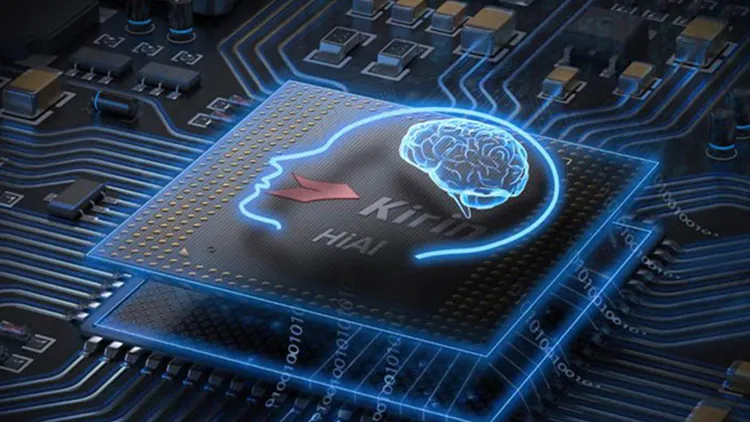© ROOT-NATION.com - Use of content is permitted with a backlink.
According to a leak from a Weibo user, Huawei’s chip development division is working on the next-generation Kirin processor for PCs and releasing the HiSilicon Kirin 9010 smartphone application processor. This part will be equipped with next-generation general-purpose cores and an updated GPU. Huawei reportedly hopes the new Kirin will be able to compete with Apple’s M3 in multi-threaded workloads.
Huawei’s upcoming HiSilicon Kirin processor is predicted to have eight general-purpose Arm cores, including four high-performance next-generation Taishan V130 cores (the Kirin 9000 uses Taishan V120 cores) and four power-efficient cores. The chip is expected to feature the next-generation 10-cluster Mailiang 920 GPU, offering a significant performance boost over the Kirin 9000, which features a quad-cluster Mailiang 910 GPU.

The new Kirin processor will reportedly support up to 32GB of memory, suggesting it will have a 128-bit interface for LPDDR5/LPDDR5X or DDR5 SDRAM.
Overall, Huawei expects the next-generation HiSilicon Kirin for client PCs to offer multi-threaded performance close to that of the Apple M3 and graphics performance close to that of the Apple M2. However, it is unclear how the next-generation Kirin desktop and laptop processor will fare against the 16-core Intel Core Ultra 9 185H (6P, 8E, 2LP) platform that powers the latest Huawei Matebook X Pro laptop.
Undoubtedly, Huawei’s next-generation Kirin processor for client PCs looks pretty impressive. Whether its performance will be on par with Apple’s M3 or M2 remains to be seen, but the tech giant’s ambitions are clear.
The leak claims that Huawei HiSilicon may release higher-performance Kirin in Pro and Max configurations, similar to Apple, with more versatile cores, an updated GPU and a more comprehensive memory interface.

Given that Huawei doesn’t control 8% to 10% of the global PC market (like Apple), building higher-end versions of its Kirin processors for desktops and laptops may not make sense. However, as China aims for semiconductor self-sufficiency, Huawei’s high-performance Kirin processors could help replace high-end components from AMD and Intel in PCs used by various government agencies. From this point of view, it is strategically appropriate for the company to continue such activities.
Read also:
- The coming Apple iPad Pro might hurt the sale of MacBook Pro models
- Huawei Pura 70 Ultra packs a ton of photography features


